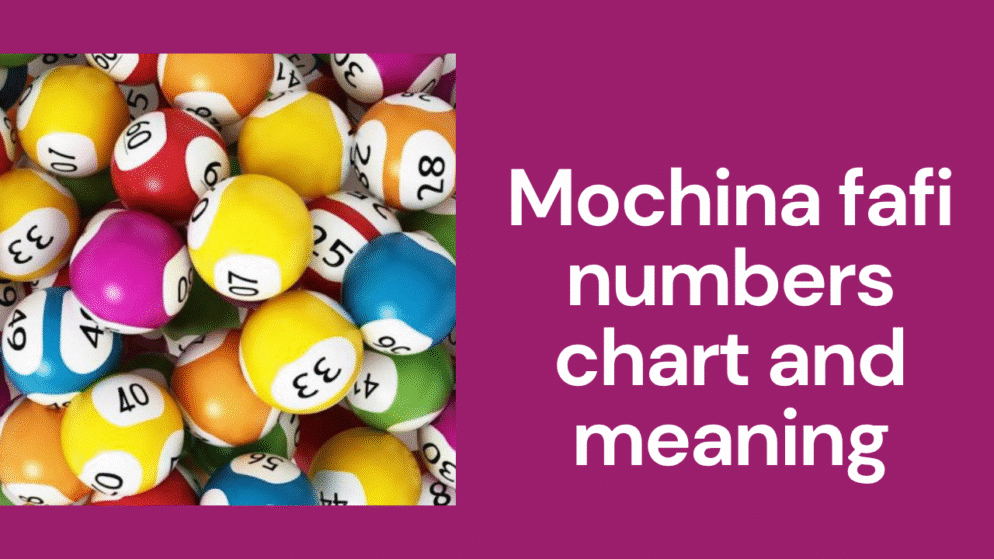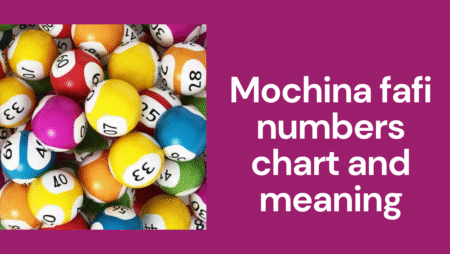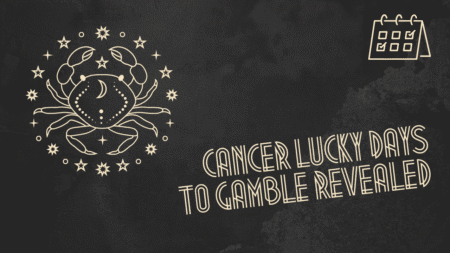

Mochina fafi, also known as Mo-China or simply fafi, represents one of South Africa’s most enduring and culturally significant gambling traditions. This township-based lottery game, believed to have originated with South Africa’s Chinese immigrant community over a century ago, has evolved into a deeply rooted practice that combines dream interpretation, number symbolism, and community participation.
Understanding the Fafi Number System
The fafi game operates on a simple yet profound principle: players bet on numbers between 1 and 36, with each number corresponding to specific images, symbols, or life experiences. What makes this system particularly compelling is that each number is paid at odds of 28/1, offering substantial potential returns despite typically small betting amounts.
Each of the thirty-six numbers not only corresponds to a particular image but also has a “partner number,” meaning strategic players often bet on both a primary number and its companion. This pairing system adds layers of complexity and strategy to what might otherwise appear as a simple game of chance.
The Complete Mochina Fafi Numbers Chart (1-36)
Here are the core fafi numbers and their traditional meanings:
Numbers 1-10:
- 1 – King, human blood, white man, left eye
- 2 – Monkey, native, spirit, chief, copper, money, jockey
- 3 – Sea water, accident, frog, sailor, sex
- 4 – Dead man, turkey, small fortune, bed
- 5 – Tiger, fight, strong man
- 6 – (Various interpretations based on different sources)
- 7-36 continue with specific meanings for animals, objects, people, and experiences
Selected Key Numbers:
- 20 – Cat, sky, handkerchief, body, music, minister, naked woman
- 21 – Old man, stranger, fisherman, elephant, knife, nose, teeth
- 28 – Sardines, small fish, thief, right foot, surprise, small child
- 32 – Gold money, dirty woman, snake
- 36 – (Final number with various symbolic meanings)
The Art of Dream Interpretation in Fafi
Dream interpretation forms the cornerstone of successful fafi play, requiring careful analysis of both sleeping visions and waking experiences. Historically, dream interpretation was the exclusive domain of sangomas (traditional Zulu healers), but today this practice has evolved into a community-based activity where players collectively discuss and analyze their dreams at fafi banks.
Players don’t simply choose random numbers; they seek connections between their dreams and the symbolic number system. For example, dreams about eyes might correspond to numbers 1, 9, 18, 21, 23, or 26. The significance of a dream is weighted equally with chance waking encounters, as each produces meaningful data points for interpreting potential winning numbers.
How the Traditional Fafi System Works
The traditional fafi operation involves corner shop owners or spaza shop proprietors acting as bookies (runners) who collect bets three times daily – morning, afternoon, and evening. The actual draw occurs inside luxury cars with tinted windows that cruise through townships, driven by individuals known as “Mo-china”.
The process involves a ritualistic exchange where bags containing bets and money are traded for small slips of paper with winning numbers. The runner then performs specific gestures corresponding to the 36 possible numbers, announcing results to assembled players.
Cultural and Social Significance
Fafi functions as more than mere gambling; it serves as a form of community expression in South African townships, with its symbolic number system passed down orally, reinforcing social ties and shared mythology. Despite its informal and unregulated nature, fafi has persisted across generations as a subtle form of resistance, hope, and agency within economically marginalized communities.
Recent reports suggest that fafi’s monthly turnover in just one South African province reaches approximately 25 million rand (1.6 million US dollars), even though the average daily bet is only around R2 ($0.13). This demonstrates the game’s remarkable reach and cultural penetration.
Modern Evolution: Digital Fafi
Today’s fafi has expanded beyond township street corners to online platforms, where players can engage with digital versions while maintaining the traditional dream interpretation elements. Modern online casinos and betting platforms now offer fafi-based games, some with demo modes allowing players to experience the game without financial risk.
Contemporary platforms like Betway maintain detailed Lucky Numbers sections incorporating fafi principles, while preserving the cultural authenticity that makes this practice meaningful to participants.
Conclusion: More Than Numbers
Mochina fafi represents a fascinating intersection of Chinese immigrant history, African spirituality, community resilience, and human hope. While fundamentally a game of chance, fafi’s enduring appeal lies in its requirement for careful interpretation of dreams and the world around players, offering a unique way of thinking about how we interpret, calculate, and anticipate the future.
Whether practiced in traditional township settings or through modern digital platforms, fafi continues to serve as a bridge between the mystical and the practical, the individual and the community, the dream world and waking reality. For those interested in this rich cultural tradition, understanding the number chart and meaning system opens a window into one of South Africa’s most distinctive and persistent cultural practices.
Note: This article is for informational and cultural educational purposes. Gambling involves risk and should be approached responsibly.








